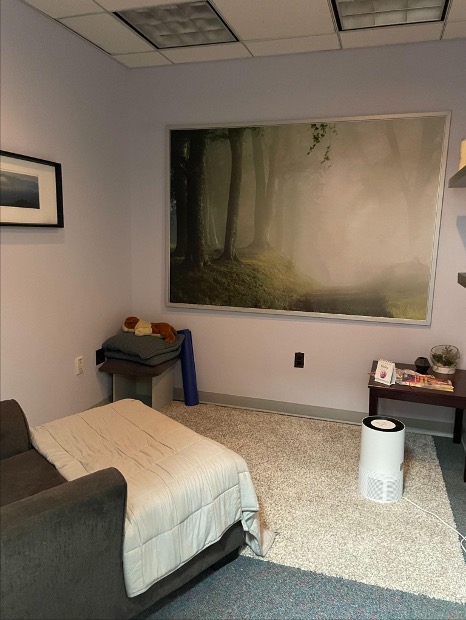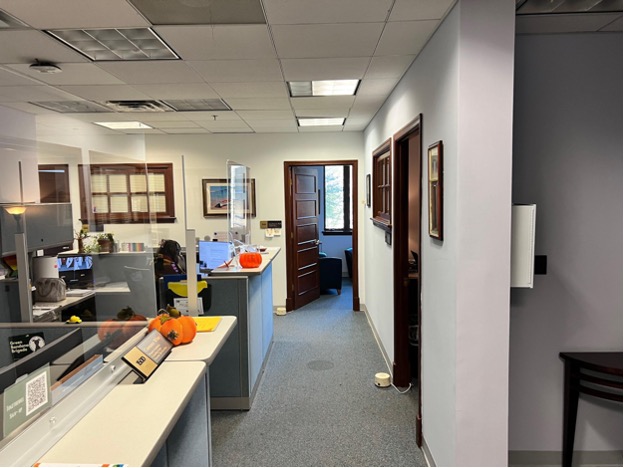The following represents the opinion of the student reporter and does not represent the views of Loyola University Maryland, the Greyhound, or Loyola University’s Department of Communication.
Only three weeks into classes, students have already been left with a must-ask question: What is up with the fire alarms? Residents on the west and east sides of campus are both experiencing a surge in fire alarms. With all these unwarranted visits from campus police and Baltimore City fire trucks, students are starting to get more curious.
“The alarms are disruptive to my schoolwork being done and frighten my pet cat. It honestly just becomes a huge distraction,” said one on-campus student, Alex Imperial ‘25.
Another residential student, David DiDomenico ‘26, said, “I’m really confused about the whole situation. The alarm went off at 2 A.M. twice in the same week. How is that even possible?”
It turns out that students may be to blame for the abundance of alarms.
“Someone told me that they set a fire alarm off because they forgot to put water in their mac and cheese before putting it in the microwave. I even did it a couple of times,” Emma Dorney ‘26 said.
The causes of the sudden eruption in these emergency evacuations are actually coming from the residents themselves. These causes range from cannabis setting off the smoke detectors in the dorm rooms, steam from the shower, cooking mishaps, or people pulling them outright.
Residents of Campion and Newman Towers have seen the worst of it. Students complain they have suffered through eight fire alarm evacuations so far this semester, with no fire.
Due to the immense amount of worry and confusion from students living in dorms at Loyola, I turned to campus security for more insight into this “alarming” situation.
Assistant Director of University Communications Marcus Dean said, “Typically, we see more fire alarms at the beginning of the fall semester each year. Students should expect alarms to generally settle down as the semester progresses. Historically, cooking is by far the greatest cause, and accounts for more than 50% of all fire alarms. Other causes include vaping/smoking, incense, steam from showers, and excessive use of various aerosols.”
Students living on campus have been getting progressively more frustrated with each alarm, as they tend to come at inopportune times; some examples include in the middle of the night, during naps, or during important conversations.
However, there is hope for the fire alarms to simmer down as the semester continues.
“Fire alarms are stressful and disruptive to Loyola students, especially alarms that are in the middle of the night. The number of fire alarms should become less frequent as the semester progresses,” said Dean.
Hope is high that the frequency of alarms will lessen as the weeks go by. To help prevent potential fires and alarms, follow fire safety best practices.














































































































